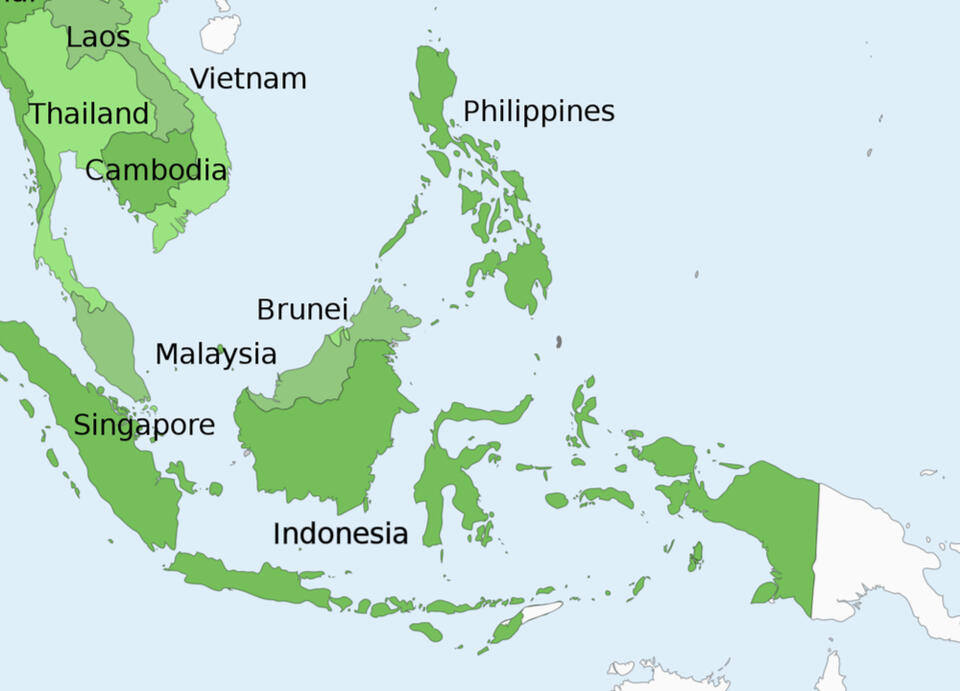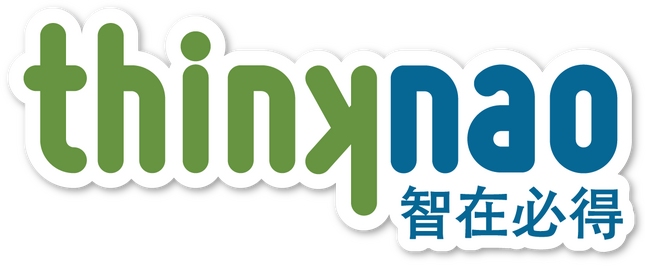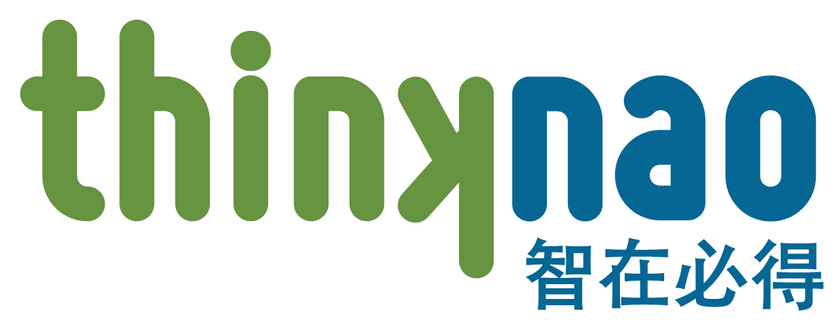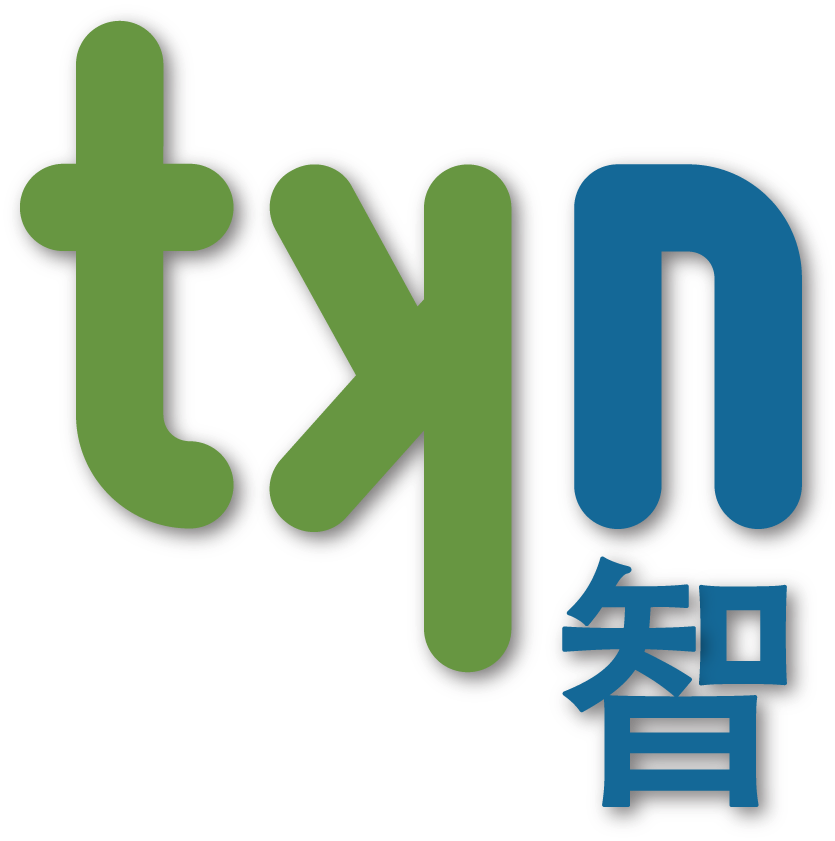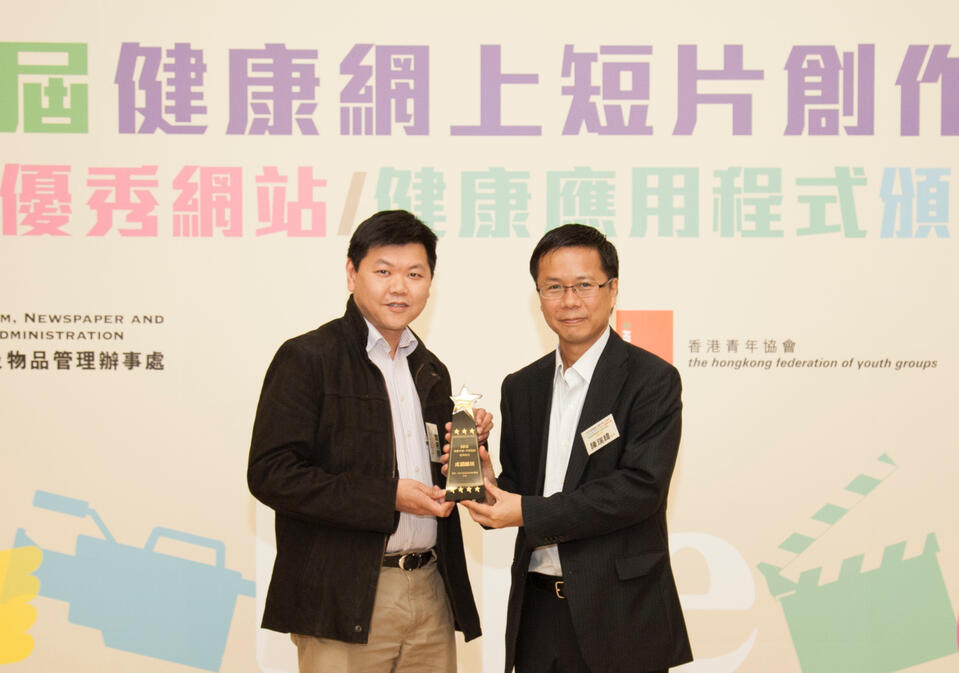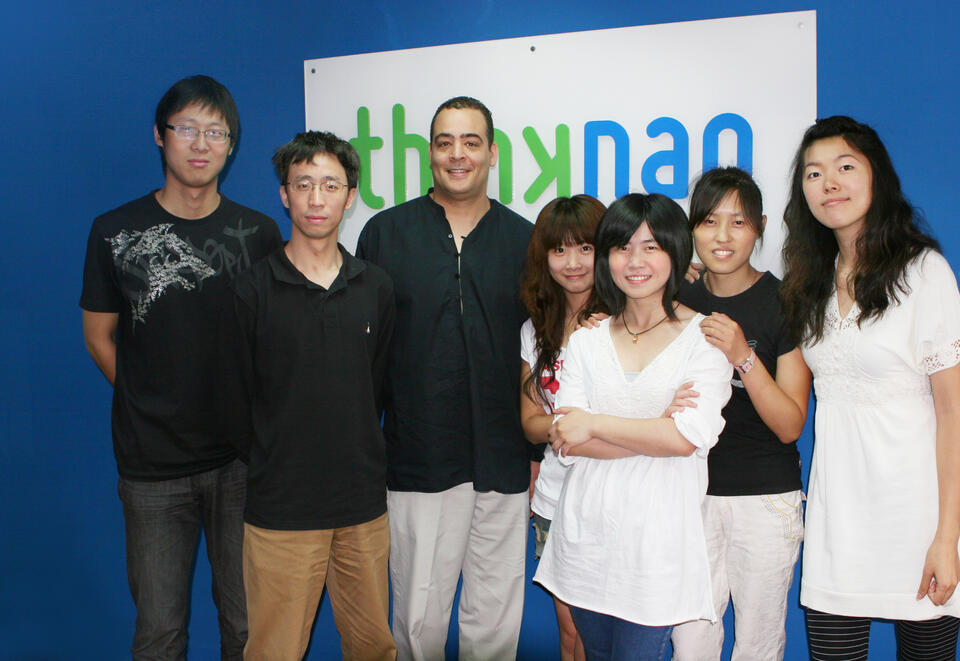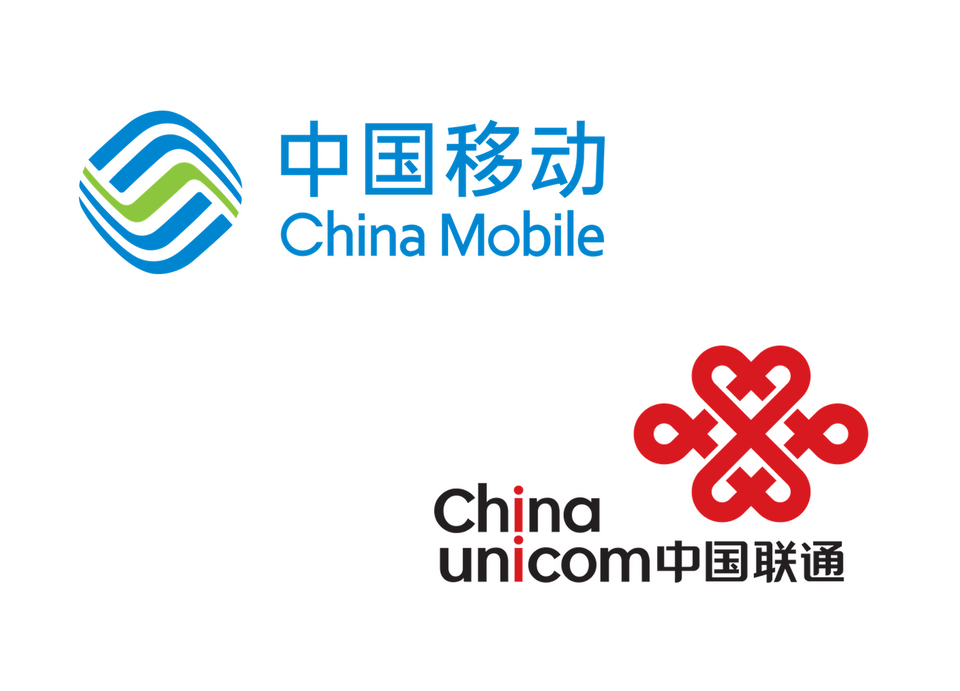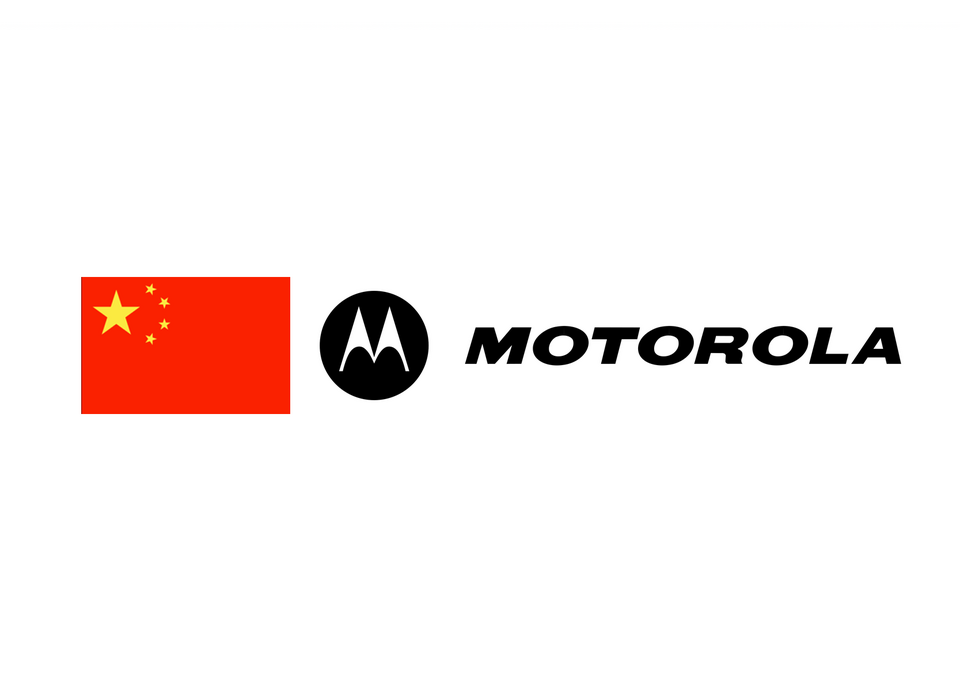North America ↹ China & Asia
Global Assignment Performance
Manage Risks, Maximize Possibilities
... because 40%* of international assignments fail.
Expat assignments offer great career growth for employees and enable companies to expand their global reach. Win-win. Right?
Maybe. But sending a valued employee to live and work abroad is costly, complicated, and confusing. It needs to work out.
It often does not.
You need people in your corner that know what it takes and can coach your team to adapt and perform.
At Thinknao, we specialize in helping businesses find the right people for assignments and for these people to succeed in overseas assignments.
*Source: Tung, R. L. Selection and Training Procedures of U.S., European, and Japanese Multinationals. California Management Review, 23(3)
What Could We Do For You?
Thinknao–智在必得: Wisdom is essential
Companies send employees abroad to assess talent and grow new markets.
Yet, despite these clear goals, assignments can be costly (over $1 million) and are prone to fail due to unmet expectations (on both sides), cultural differences, and family issues. This often results in employees leaving after their assignment.At Thinknao, we understand these challenges. With over 75 years of international experience, our principals prepare your staff to be effective in their overseas assignment.Our expertise lies in cross-cultural communication and team building, combined with our knowledge of global and Asian markets, and allows us to tailor our training programs to your unique needs.By investing in our services, you can ensure your staff are well-prepared and equipped to succeed. This saves your company money and improves performance, maximizing your investment in your employees.
Thinknao Blog
30 April 2024
Expatriate Failure.
What Causes It? How Can An Organization Prevent It?
Expats incur high costs for their organizations. And moving to a foreign country is hard on families. How can a company mitigate their risks?
01 April 2024
From China to North America—How Successful Chinese Expats Adapt
As China rises as the world's second largest economy, more Chinese professionals are being sent to North America for work assignments. What does it take to succeed?
04 May 2024
Our Own Differentiator–On the Ground with the Chinese Diaspora
Those who know Asia know that business is dominated by the Chinese diaspora that has settled in Southeast Asia. Thinknao ...
12 September 2021
Your Overseas Assignment —
How to Hit the Ground Running (Part 2/2) ...
Follow these steps for becoming a high performing expat...
09 September 2021
Your Overseas Assignment —
Lessons Learned From a 6 Country Expat (Part 1/2)
Beginning an overseas (expat) assignment is exciting...
23 February 2023
When You're First In a New Technology
Who would have guessed that groundbreaking work in Japan would be part of something that would change the world. Back in 1999...
About Us
智在必得 — wisdom must be won
Our tagline (智在必得) wisdom is essential, was earned. .
Wisdom takes time. After years of extensive time leading large teams and big dollar, high profile projects, striking out on our own to build something truly unique is our destiny.Starting Thinknao. Thinknao began as a project to harness the capabilities of the smartphone for learning. To that end, we published interactive mobile games and test preparation apps for learning. Success was undeniable -- over 70 apps, 10M+ downloads, multiple innovation awards and # 1 app rankings. One of our more popular apps taught Chinese advanced Chinese.Evolving Thinknao. Even as we were building products, consulting on business problems for external clients became more than a side business. Large governmental and private concerns asked us for help solving their unique problems.Back in Canada/North America A chance to pivot again. Today, we focus on utilize our unique understanding and experiences gained in Southeast Asia and China for North American businesses and vice versa.
About David. A Canadian from a small border town, yet there's few people that have a feel for Asia like David does.David is a highly regarded and well-connected expat recruiter and speaker with extensive experience in Asian markets, particularly China and Southeast Asia. Leveraging his personal expat experiences in China, Singapore, Japan, Taiwan, and the US, and past executive roles in Fortune 100 companies, David has both a technology and business background and excels in interpreting the cultural nuances of “Greater China”.
Frequently invited for speaking engagements, David shares his international insights, assisting expats in navigating new cultural landscapes through workshops. David aligns talent with global opportunities, promoting both organizational and individual growth. David speaks Mandarin.
David recently co-chaired the Board at LFBS/donate, a registered non-profit that helps children regain their lives in Haiti. He currently resides in Toronto. His detailed bio can be found here.
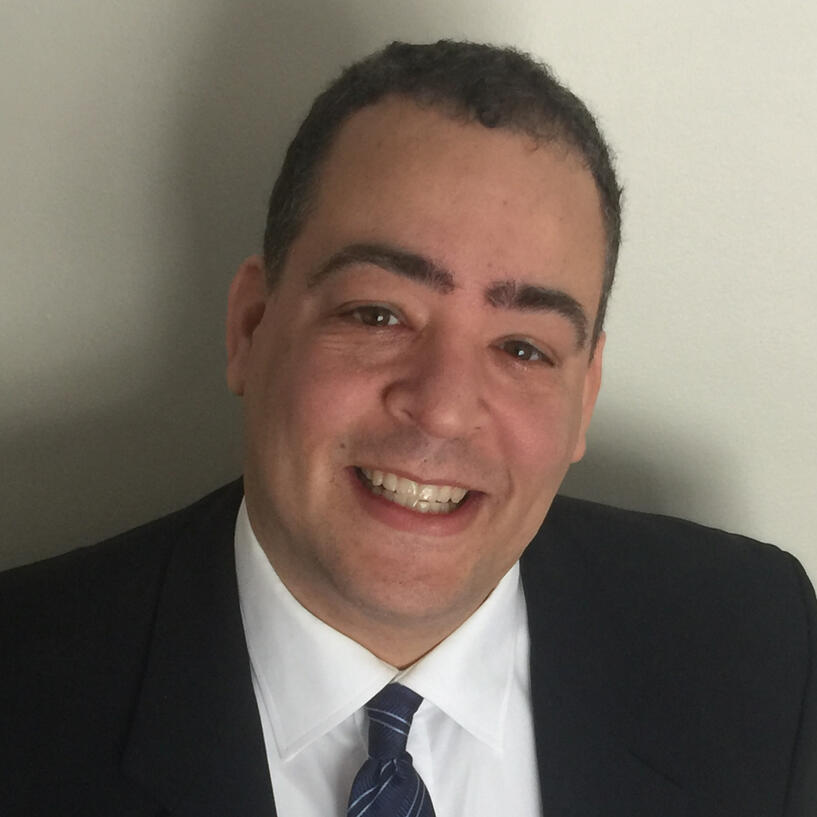
David Van Dyke
Managing Director


About David. David Oxford is a seasoned tech professional with 25+ years of experience in the telecom and software industry. He spent 20 years creating solutions in Asia, adapting to changing environments, cultures, and regulations.David has held key roles at top companies like Motorola, Nokia, and General Electric, managing business operations across Asia-Pacific. As Senior Sales Director at Nokia Japan, he led a team of 16 experts and built relationships with CTOs.David is a frequent speaker at industry events, sharing insights on market trends and strategic sales planning. He helps businesses navigate the competitive telecom landscape in Asia.David holds an MBA from the University of Dallas and a Bachelor's in Electrical Engineering from the University of Texas at Arlington. He continues to leverage his expertise and leadership skills to drive growth.
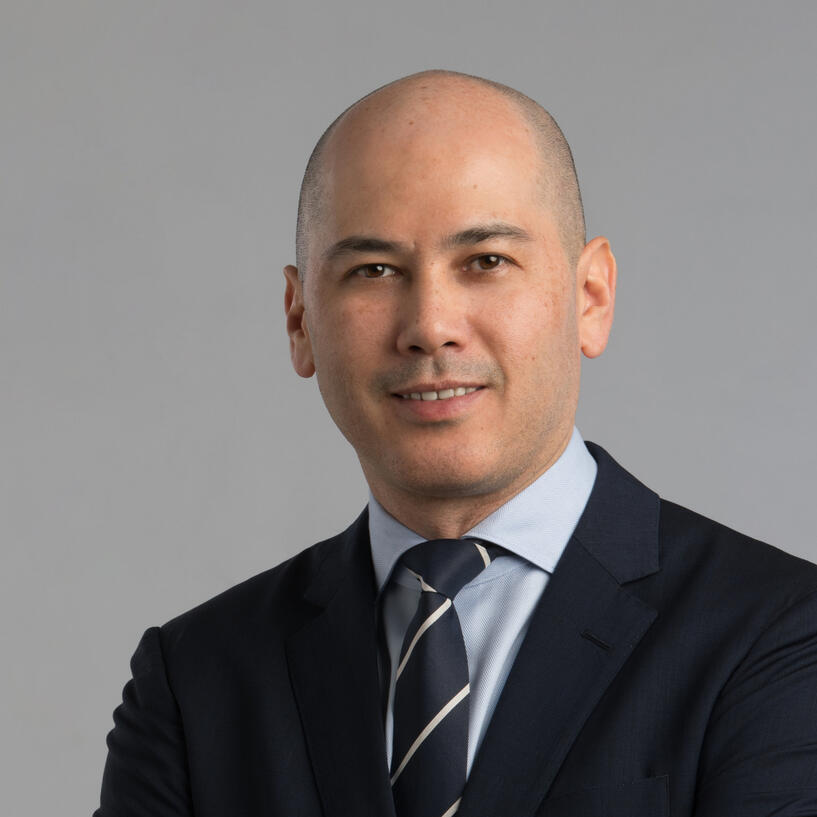
David Oxford
Senior Principal
About Terry. Terry Graham, a valued member of the Thinknao team for over a decade, is also a research affiliate at Hong Kong University's Technology Research Project. With 25 years of experience living and working in Asia, Terry brings a unique perspective and deep understanding of the region's business landscape.Terry has a proven track record of delivering projects for notable organizations, including the Office of the Telecoms Authority (Hong Kong), United Nations Development Programme, and more. He has also collaborated with leading institutions like the US Information Technology Office and Institute for the Future.Terry's recent projects cover topics like cloud computing, connected cars, national competitiveness, social media, and disruptive technology strategy. With his extensive experience and expertise, Terry is well-equipped to provide valuable insights and solutions to complex business challenges.

Terry Graham
Senior Principal
Blog
Build or expand your business in China / Southeast Asia with assistance of a seasoned business leader effective.
Musings, stories and comments here.
30 April 2024
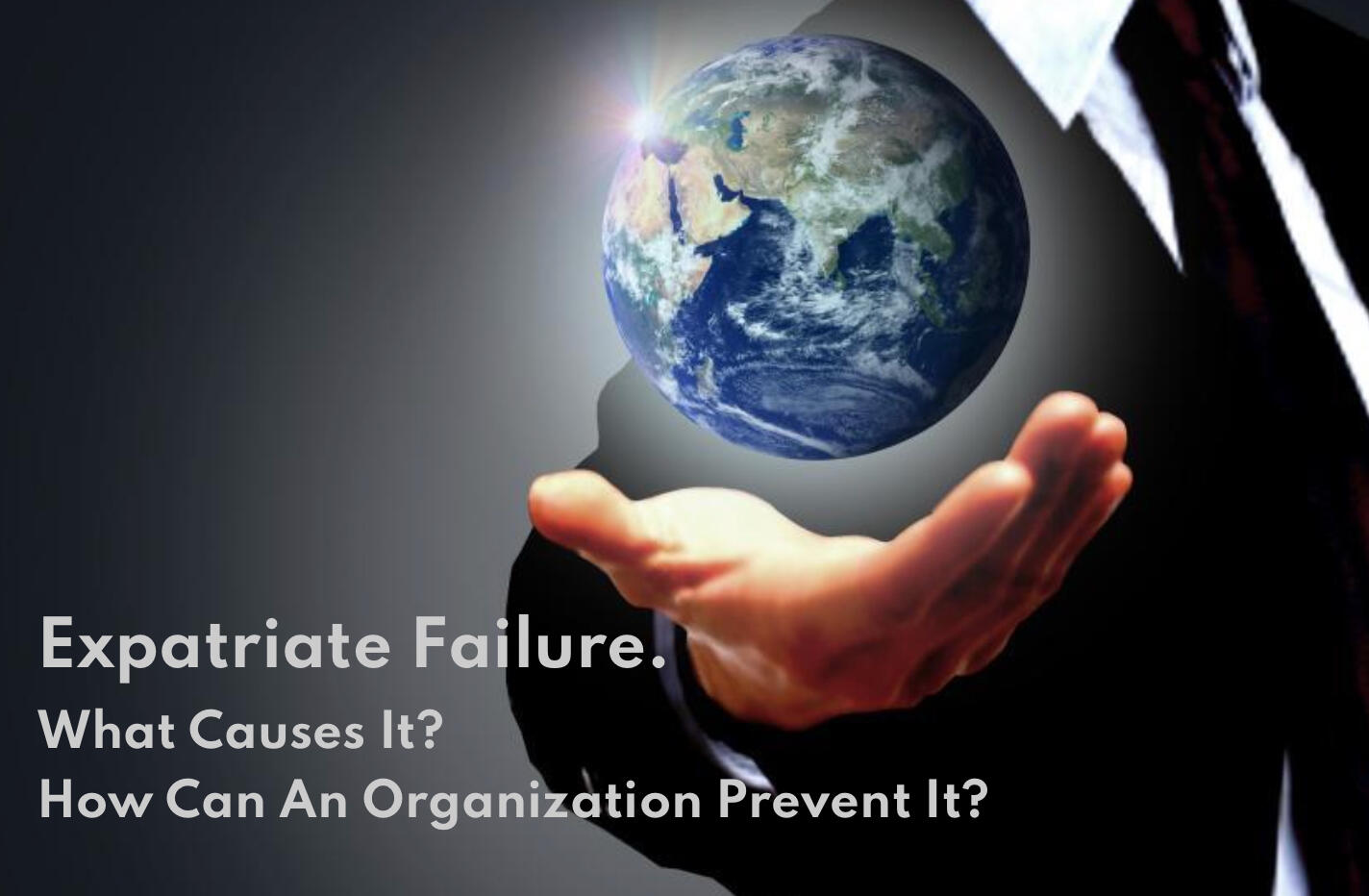
Summary: Expatriate failure occurs much too often. Failure is an expensive mistake for both the individual and their family and the organization that foots the bill, especially if it becomes a pattern. There are ways to avoid it.What is expat failure: Put simply, it occurs when an expatriate - someone sent abroad to a foreign country - cannot achieve their professional objectives or complete their one, two or three year assignment and return home.No one cause for failing. But one thing is clear: Companies incur substantial costs on failed expatriate assignments, which range in cost from $300,000 for a mid-level staffer to much more for a senior executive arriving with family1 2 3. Failure stems from inadequate preparation, poor cultural integration, or personal issues, such as a family member having difficulties adapting to the new environment. Often there are work challenges too, including job scope, maintaining local and HQ hours or demands for extensive travel.Our view. Organizations should invest in comprehensive pre-departure training, offer ongoing support, and ensure clear communication regarding roles and responsibilities. Companies should build in slack for performance evaluations, and broaden the traditional definition of performance.
Expatriate failure is a significant issue for organizations sending employees on international assignments. This happens when an expatriate fails to achieve professional objectives or complete their assignment. Reasons include difficulties adapting to the new environment or organizational challenges. This failure results in high costs for companies, such as recruitment, training, relocation expenses, and potential loss of business opportunities.There are three main causes of expatriate failure: inadequate preparation, poor cultural integration, and personal issues.1. Inadequate Preparation: Expatriate assignment success depends on an employee's ability to navigate their new role and environment. Organizations must provide comprehensive pre-departure training, including language and cultural instruction. Companies should also clearly communicate expectations regarding roles, responsibilities, and assignment goals.2. Poor Cultural Integration: Expatriates may face challenges if they struggle to adapt to local culture and customs. This can lead to isolation, stress, and frustration, impacting job performance. Organizations should offer ongoing support and resources to help expatriates understand the host country's culture.3. Personal Issues: Expatriate failure can result from personal issues like family concerns, health problems, or difficulties adjusting to the new environment. Organizations need to be sensitive to expatriate employees' needs and provide appropriate support, including counseling services, family relocation assistance, or repatriation support.To minimize expatriate failure risk, organizations can take steps to ensure employees are well-prepared and supported:1. Comprehensive Pre-Departure Training: Invest in thorough pre-departure training. This should include language training, cultural awareness programs, and practical information about the host country.2. Ongoing Support: Provide continuous support to expatriates during their assignment. This includes resources and tools for cultural adaptation, professional development opportunities, and regular communication with the home office. This support helps employees feel connected and valued, contributing to job satisfaction and performance.3. Clear Communication: Clearly communicate expectations regarding expatriates' roles and responsibilities before departure. Maintain open lines of communication throughout the assignment to minimize misunderstandings and foster strong working relationships between expatriates and the home office.4. Family Assistance: Recognize the importance of family in expatriates' success. Provide support for spouses and children, such as schooling assistance, career counseling, and social integration.Investing in comprehensive preparation, ongoing support, and transparent communication helps minimize the risk of expatriate failure. This ensures employees have the best possible chance of success in their international assignments.
As global mobility becomes increasingly important in today's business landscape, addressing expatriate failure is essential for maintaining a competitive edge and achieving long-term success. Proactively managing the challenges associated with expatriate assignments not only benefits individual employees but also strengthens the organization's overall global operations.How does Thinknao help?
Because we've lived it, we are practical and effective. We work with global employers to help improve the impact and return on their global mobility programs. We can provide guidance and insight into how to select and support overseas assignees to minimize the risk of expatriate failure.
Keywords: Expatriate failure, causes, prevention, adaptation, cultural integration, communication, pre-departure training, support
17 April 2024
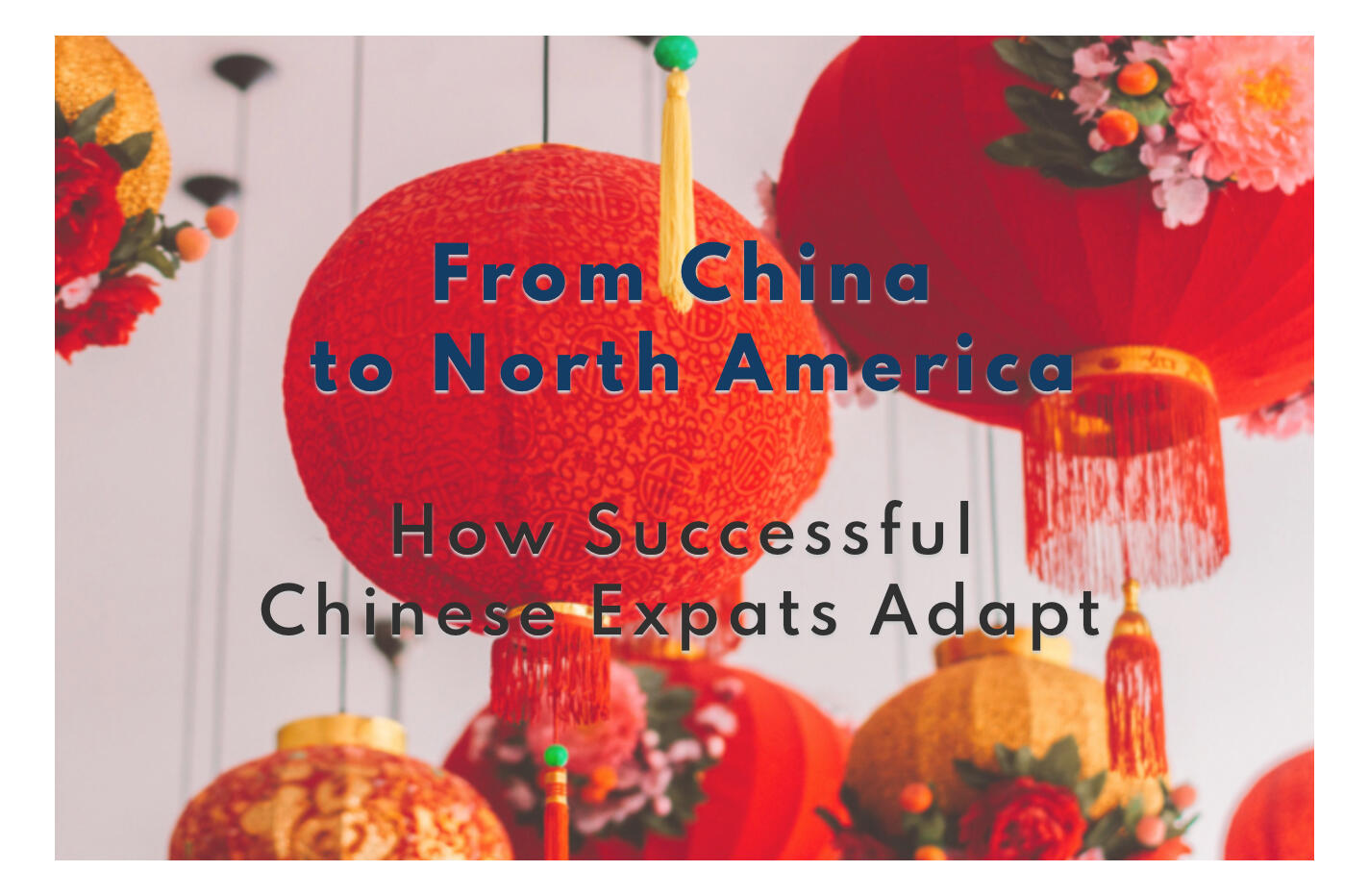
Summary: As China rises as the second-largest economy in the world, Chinese companies are expanding abroad and more Chinese professionals are sent to North America for work assignments. It is a time-proven pattern.
It isn’t smooth sailing. These professionals must learn new coping skills and face new challenges in their new country. The list of things to adapt to is long: language, cultural differences, working styles, legal systems, discrimination, healthcare, housing, and, of course, social isolation and loneliness. If they are accompanied by family members, these challenges multiply.
Overcoming these challenges requires resilience, adaptation, and seeking resources and support networks.
––––––––
China's rise as the second-largest economy in the world has led to an increase in the number of mainland Chinese expatriates sent to North America for work assignments. These professionals face several challenges in adapting to the new work and life environment. Language barriers can hinder communication, socialization, and workplace effectiveness. Cultural differences require openness and understanding to adapt to the norms, values, and social etiquette of North America.
At first, the work culture in North America can be disorienting. It comes with a variety of expectations, management styles, and business practices. While networking and forging professional connections are important everywhere, Chinese professionals must proactively break out of their Chinese networks to develop opportunities and cultivate relationships that can be invaluable in their new environment. Legal and bureaucratic systems can also present challenges that require persistence and time to learn. Discrimination and bias can also pose significant hurdles for Chinese expats in North America.
It's essential to note that Mainland Chinese are the "new" Chinese in North America. They may have different values and perspectives compared to the Chinese diaspora that has been living in North America for generations. Even within the Chinese community, there may be differences in values and perspectives based on factors such as regional background, socio-economic status, and education level. Thus, it's crucial to avoid making generalizations and to approach each individual with an open mind and willingness to learn about their unique experiences and perspectives.
Access to healthcare and housing may also prove challenging for Chinese professionals. They may need to secure affordable housing, adapt to different living standards, climates, and infrastructures, and reconcile these with their own expectations. Social isolation and homesickness can emerge as Chinese professionals grapple with the absence of familiar support networks and the struggle to forge new connections in their adopted home.
Despite these challenges, mainland China expatriates can overcome these obstacles with resilience, adaptation, and seeking resources and support networks. By embracing cross-cultural understanding and integration, they can enrich their own experiences and contribute to the diverse fabric of North American society. As China continues to play an increasingly important role in the global economy, the need for Chinese professionals to adapt to new cultures and environments will only increase.
Keywords: China, second-largest economy, Chinese professionals, North America, language barriers, cultural differences, work culture, networking, legal systems, discrimination, healthcare, housing, social isolation, resilience, adaptation.
12 April 2023
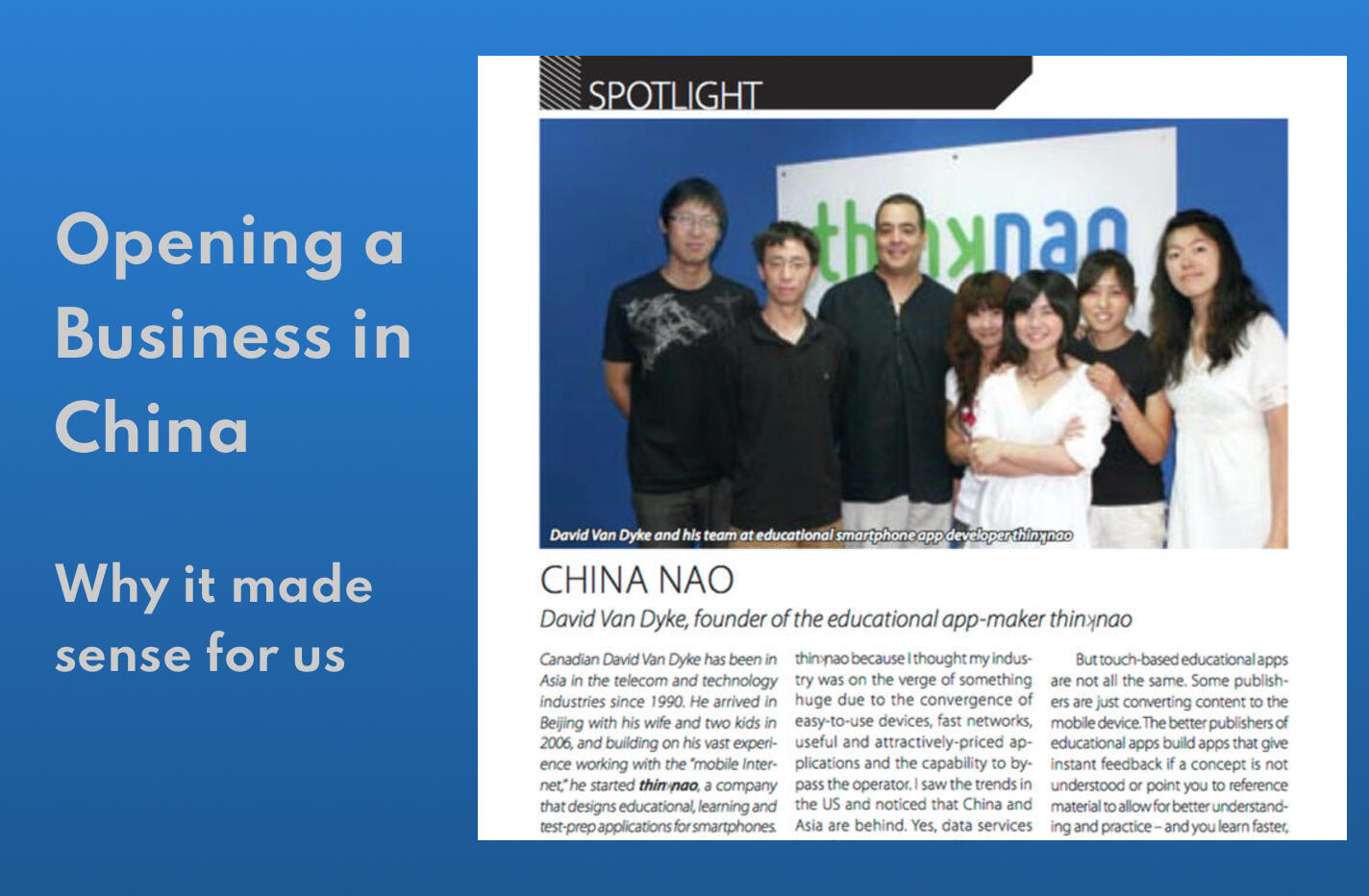
Why leave a paycheck for the unknown?
Starting a company in Beijing after leaving my corporate role at Nokia was exciting. Things had gotten a bit stale and my thirst to test myself was strong. And why not? Beijing had a thriving tech scene and, even in 2020, $24 billion was invested in startups in 2020.The vast market potential was a significant advantage, with a population of over 21 million, including a growing Chinese middle class estimated to reach 1.2 billion people by 2030.However, challenges existed as a foreign entrepreneur, with my imperfect language skills and the need to put all situations within the context of the local culture. Legal issues and banking issues get in the way too.Nevertheless, we won awards for innovation and shot up ranking charts for our products and consulted to major organizations along the way. We survived and thrived.Yes, leaving a VP role at Nokia to start a company in Beijing was daunting task but one that I'd do again. The culture, the language, and building relationships with staff, partners and clients are lessons I carry to this day.
12 March 2023
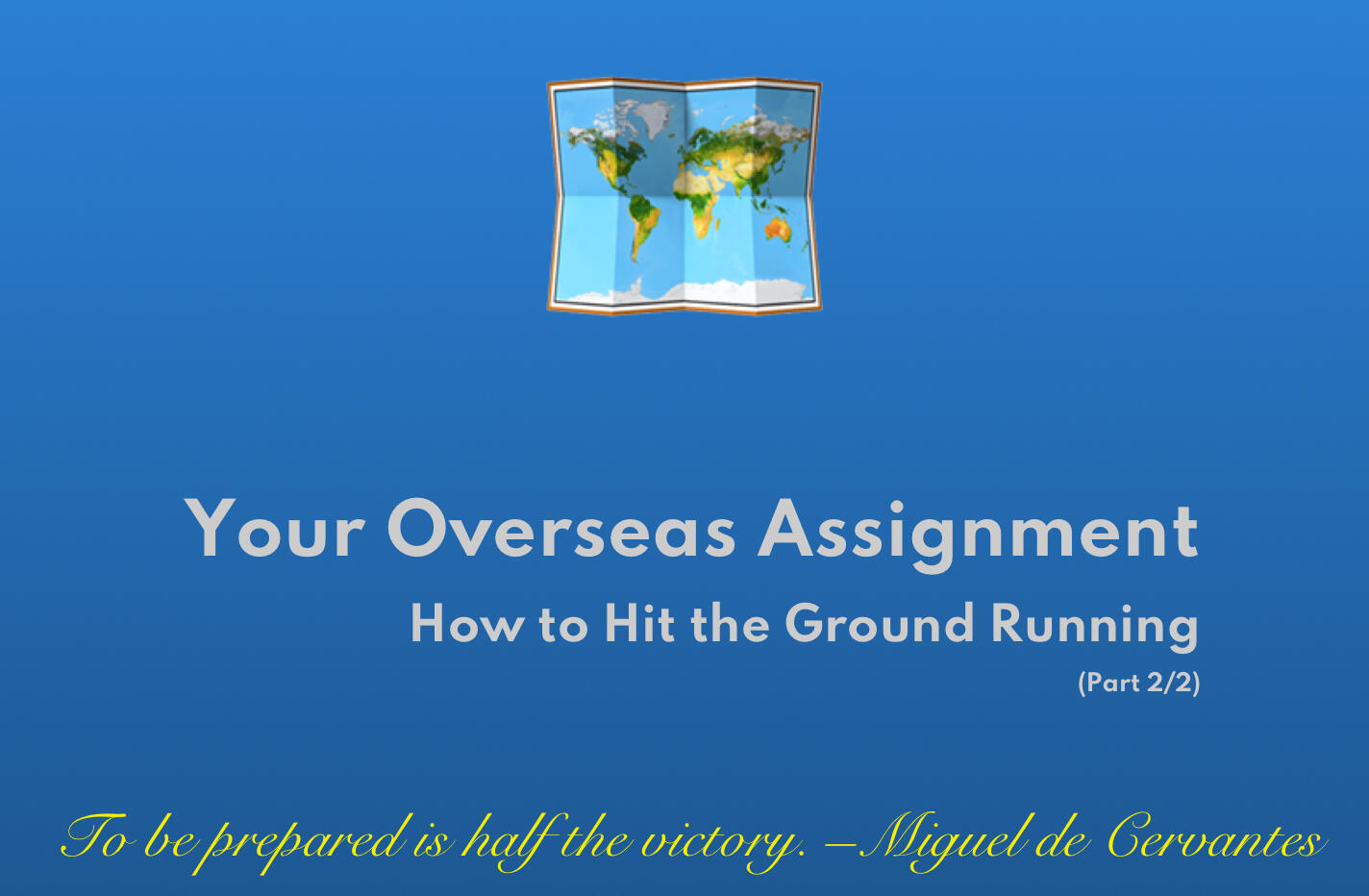
What unique challenge do expats face?
Overseas work experience can improve your career, but to be really successful, one needs to have a plan.
Pre-departure overseas assignment checklist (1-6 months):
Get a feel for your new location from literature. Read online newspapers and historical books about your destination
Find a local celebrity or two to follow on social media, become aware of fads and trends. Google best seller lists in music, movies and books, this will all help you climatize
Explore with your tastebuds. Go to restaurants that serve food from your assignment country. Follow recipes and cook with local ingredients to develop your taste buds
Focus on networking. Seek out colleagues or friends or friends of friends that are originally from your posting destination. They can give you insight regarding what to expect and information on where to live, what to eat, and so on. They can also provide introductions to people outside of the workplace that can help you settle in.
Learn “taxi-driver” local language skills. “Taxi-driver” language skills are rudimentary but it is satisfying to pay for goods or jump in a cab without fear
Upon arrival (1-2 months):
Get settled. Find a permanent home, open a bank account. I cannot stress this enough. If you are living out of your luggage or running around with a stash of cash in your pocket you cannot establish a routine.
Meet the team and extended work partners. Let them see your face. At this stage, prioritize listening ahead of action. Make personnel and business decisions slowly.
Performing in the role:
Be likeable. Whether you arrive as the boss or as a staff member, eschew power poses and be genuine; don’t assume that the home country is better or superior in any way. Greet people with a smile and don’t ask for favors and be circumspect with favors offered to you. Reach for opportunities to connect with individual team members on a personal basis. This is where your pre-departure homework on the culture, food, history and trends comes in handy.
Practice extreme listening. We’ve all heard, ”We have two ears and one mouth so that we can listen twice as much as we speak” and it makes even more sense when one works abroad. Watch body language so you can use visual clues to reach understanding. While you may not understand the language, a frown or a shrug can tell you more than words.
Pay attention to hidden messages. Expats are outsiders. Even those that grew up in the country and are returning on assignment. Be aware of misleading or vague statements, it can mean something tricky is underway. It makes sense to repeat your understanding of a situation to several team members to get it right. Trust but verify.
Demand open communication within team. Create an environment where the goals of the organization are well understood and expectations are clear to each employee. Plan regular team-building days. Go to lunch with team. Discuss performance issues privately but be firm and treat everyone equally. Some cultures avoid personal confrontations, an expat needs to work within that constraint to achieve results.
Avoid favors. Whether receiving a gift or favor or giving one out, favors have a tendency to come back with a bite. Often they’ll appear small or innocuous but someone is keeping track. Don’t fall for it.
Establish rules for communication with HQ. All too often home office requests that you attend off-hour conference calls (due to time zone differences) to discuss this or that issue. All of these calls cannot be avoided. However, it is a good habit to communicate the off-hours you are available and to ask that calls alternate between your off hours and the person from headquarters regular working hours.
Off the job:
Limit your time with other expats. Hanging around with fellow expats is convenient - you speak the same language, have many of the same tastes and so on, but it also colors your impression and understanding of the land you’re in and its culture. Do your best to interact with locals to learn how things really get done and what really needs to be seen.
Vacation inside the country. There is a tendency to break out of a country on every chance to go to beaches or other nearby countries or even go home. Don't do it. Ask your colleagues where to go and you’ll get an insider’s view of what makes their country so special.
So, it all starts with a bit of humility. These tips are meant to ensure you’re productive overseas because while it is an adventure, performance on the job matters.
09 September 2022
Your Overseas Assignment --
Lessons Learned From a 6 Country Expat (Part 1/2)
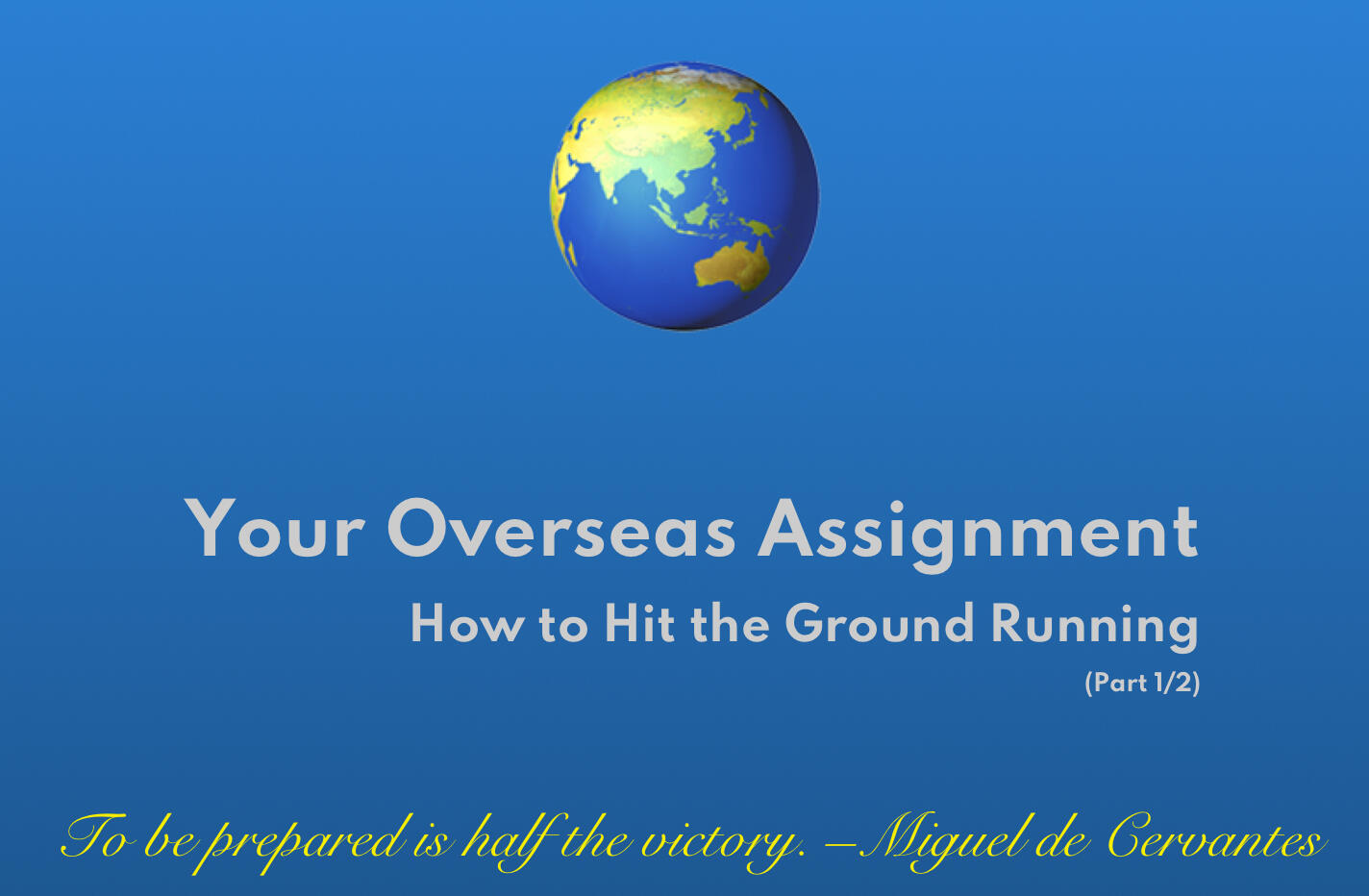
Beginning an overseas (expat) assignment is exciting. Expat assignment benefits come in many forms. Few experiences in life couple the chance to experience a new culture with accelerated career development and growth. A valued employee at headquarters, affords a salary and perks premium and permits you to live well and save a bit of money along the way.
Sign me up... Well, not so fast...
An expat: a foreign-born employee trained at headquarters, returning to the country of their birth or someone who decided to stay in a country after falling in love or someone redeployed from head office to the local branch.
Not all overseas postings are equal. In fact, they vary quite a bit. Expat employment terms range from those equal to local staff and extend to lucrative pay packages and perks, over and above a similar role at headquarters.
That there are countless varieties of expat contracts makes generalizations difficult. For simplicity, the table below is a proxy for some of the possible combinations. My personal experiences mirror this table.
| Employee Status | Salary & Package | Job Level |
|---|---|---|
| Local Hire / Local Company | Same as local | Junior / Mid-level |
| Local Hire or Repatriate / Multinational | Same as local* | Junior / Mid-level / Senior |
| International Transfer / Multinational (Government) | Premium Expat, incl housing, hardship, ++ | High Potential / Senior Executive |
The premise for redeploying headquarter employees to a local office runs counter to the generally accepted business maxim: successful international companies hire locally and promote from within to develop future leaders and capture and retain markets. Expats, by virtue of their permanent ties to headquarters, are temporary local staff.
Yet, despite this, expats are hired year after year. Let’s explore some of the basic reasons companies deploy them.
To evaluate promising employees for broader leadership roles.
To imbue head office culture, business norms, into local operations
To implement a new product / programme, transfer specialized skill sets
To improve head office / remote office communications
To achieve / monitor financial controls
To better control local operations and curtail corrupt practices
To fill a gap when unable to find a suitable candidate in the local market
An expat hire is justified with a quantitative and qualitative cost benefit calculation. Will the net return to the company be positive by bringing an expat in?
Expats cost more than local hires. A full expat package includes a salary bump, a hardship allowance, tax planning services, housing, relocation, home leave and moving expenses and, if the employee has children, tuition. Oh, and repatriation expenses. An expat can cost a company 4-5x more than a similarly placed local employee.
Global hiring managers will tell you that an expat takes a longer time frame to perform their jobs when compared with the same role in the home market or a local candidate. Day to day business decisions take on an extra layer of complexity for the expat due to differences in market rules, competition, distinct regulatory and legal tenets, to name just a few of the issues.
Meetings take place in the local language during meetings or to have project details kept from you.
Also, bear in mind that even before you step in the door, the local grapevine knows the terms of your temporary employment contract and will plot accordingly. Typically an expat is unaware of office or class politics or the existence of hidden agendas. Staff have varying levels of English comprehension, so time and multiple verifications of information are needed for most decisions. Stress is heightened when the employee brings family members along. With a
family, the employee’s level of concerns are multiplied by schooling, housing and homesickness.
So, is it worth it to the company? The short answer is, it depends. Due to the multiple moving parts in an offshore role, international assignments are stressful for the participant and assignments can and do fail. An expat’s foremost challenge is emotional. Known as culture shock, its effect cycles through four distinct phases during the assignment: the honeymoon, the frustration, the adjustment and, finally, acceptance. Each phase affects an employee’s productivity and no one is ever 100% immune.
Here’s a small sampling of the stressors an expat may encounter (examples are things that happened to me):
Money troubles. An unexpected bill must be paid in cash
Housing and transport. Bad smell seeps into vents at night. Landlord imposes huge penalty to break lease
Food shopping. At market seller puts rotten fruit at bottom of bag
Medical emergencies. You’re hit by a car and unable to speak the local language
Unsympathetic client. After 20 hour flight, to give important presentation upon landing
Heightened family situations. 9 year old nephew wanders off in Tokyo for 4 hours
Culture shock and unexpected events can adversely affect job performance and exacerbate stressors. However, employees are expected to perform despite such obstacles, and excuses are generally not accepted. To mitigate such challenges, people-focused organizations adopt a systematic approach to prepare their employees for offshore assignments. This includes enrolling staff in language and cross-cultural training, providing mentors and counselors, and suggesting relevant reading material, both prior to departure, during the assignment, and prior to repatriation.Companies may opt for a look-see trip, which provides future expats and their spouses with a brief glimpse of life overseas. During the trip, the expat is given a tour of essential facilities such as schools, banking, housing, and medical facilities. This allows the employee to evaluate the assignment and decide whether to retain their home country role, without incurring unnecessary risks and expenses for the company.Ideally, employees should have sufficient lead time, typically 3-6 months, before starting a new position. This allows them to get their affairs in order and reduce worries about everyday matters while working overseas. Lead time also affords employees the opportunity to familiarize themselves with the culture and society of the host country or to acquire language skills if needed.For the organization, identifying individuals who can perform under stress and uncertainty is a significant challenge. However, once the expat arrives, what distinguishes a successful expat from an unsuccessful one? The answer lies in preparation and a dose of humility.
23 February 2024
When You're First In a New Technology
I never would have guessed that my work in Japan would be part of something that would change the world. Back in 1999, we were among the first to add new capabilities to advanced wireless networks using IS-95B, a precursor to the technology we have today. It was exciting to be a part of this cutting-edge work, even if the devices we used were clunky and oversized, and didn't work a lot of the time.Together with my colleagues at Motorola and Cisco, we built state-of-the-art wireless labs on Tennōzu Isle in Tokyo and in Silicon Valley in California among other places. We were obsessed with wireless speed and "internet browsing," and we knew we were onto something big.As time went on, the use cases for this technology began to evolve. We realized that our work wasn't just about making it faster and easier to browse the internet on a phone. We were creating a foundation for something much bigger.Today, we take for granted the fact that we can connect to the internet anytime, anywhere, on a device that fits in our pocket. We can stream movies, make video calls, and get real-time updates on everything from the weather to our bank accounts. But back in 1999, this was all just a dream.The work we did laid the groundwork for the wireless networks that power our lives today.Looking back, it's amazing to see how far we've come. From the clunky devices we used in our labs to the sleek smartphones we carry with us today, the evolution of wireless technology has been nothing short of incredible. And while it's easy to take it all for granted, it's important to remember the vision and hard work that went into creating this amazing network of connectivity.As someone who was there at the beginning, I'm proud to have been a part of something that has had such a profound impact on our world. And I can't wait to see what the future holds for wireless technology, as we continue to push the boundaries of what's possible and connect the world in new and exciting ways.
About Me, My Story
About David
In my youth I spent more time looking at maps, memorizing the names of capital cities and reading about ancient explorers than just about anyone I knew. If I met a native of a foreign country I’d ask them to write my name in their language. I dreamed about living and working abroad. And as some of you will no doubt do yourselves, I was determined to discover the wider world on my terms.My passion led to a joyous 20 some years abroad, living and working in six countries and traveling and exploring in many more. I was able to have personal success - learn
languages, meet interesting people, lead cool projects - because I kept it simple and stuck to three rules of behaviour: be humble, be patient and be quick to adapt.I discovered that humility - assuming you really don’t know the answer - enhances one’s ability to listen to both verbal and non-verbal clues. I’ve closed contracts in Tokyo and Manilla, where detailed discussions are held in the local language, just because I was able to identify and resolve sticking points with careful observations and humility.Patience helps keep one safe; when one waits for the situation to play out, it is never as bad as you imagine.Once a local skier was poking at my tall for his age son and a mob was forming.My fatherly inclination was to intercede and push back hard. Instead I pulled my son to me and my daughter jumped in front of me. They saw that my son was just a boy and we were a family and the situation de-escalated and the mob dispersed.Flexibility and adaptability is helpful because there are things you cannot change and you need to accept it.An American roommate had flawless Chinese speaking skills. He knew Taiwan as well as a local. But he couldn’t accept the car driving culture in Taipei. There cars, not pedestrians, have the right of way at intersections. If you didn’t learn this you could get hurt.My roommate refused to accept this, choosing to ‘be ugly’ and pound on the hoods of cars that cut him off or came too close. I adapted and learned to get out of the way of cars lest I get hit.I was raised in the border town of Windsor, Ontario, Canada, on the other side of the river from Detroit, Michigan, USA.A couple days after I graduated from the local university, I flew to Taipei, Taiwan with $800 dollars in traveller’s checks in my pocket and a tape cassette with Mandarin Chinese lessons on it. I didn’t have a job and only had a five day hotel reservation. My return ticket was six months out. I had no friends or real prospects. I survived but I did eat white rice for a month when a thief stole my pay packet.From Taiwan, I returned home and worked in Toronto for 4 years. Then came Hong Kong (5 years), Tokyo (1), Silicon Valley (3), Singapore (3.5) and Beijing (7). My status changed along the way too: from single, to married to father to empty nester. I’ve worked mostly in technology - software and wireless - and have been a management consultant for major firms, including the US Department of State, and an entrepreneur.Along the way I became proficient in Mandarin Chinese and fluent in body language and raised two kids into adulthood.
Innovation & Product Development
Product Selection—Next Generation Technologies
At in-house startup, a joint venture of Cisco and Motorola
From Silicon Valley, vetted and reviewed untested products built for newly emerging wireless data standard. Products accepted included maps, broadcasting and messaging
Created sales & marketing collateral, financial models and mobile operator business case
Delivering an Impact:
On-the-Ground in Various Countries
The US & Canada
Managed Americas product and marketing teams
Opened San Jose JV offices, including next gen lab
Advised Digital strategies for local and international entities
Based in Silicon Valley 3 years; born & educated in Canada
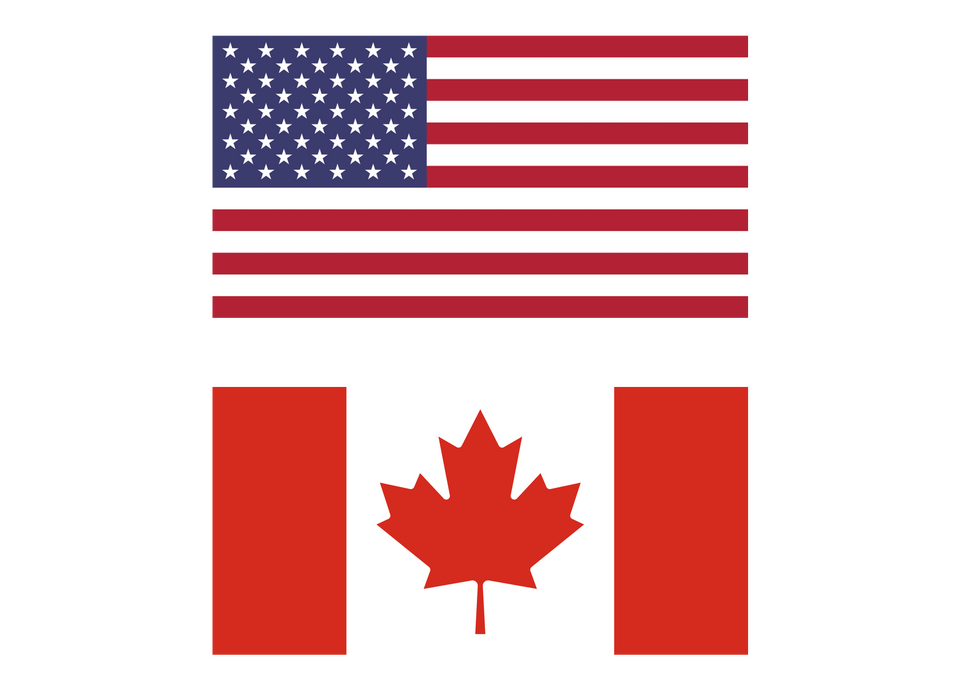
Doing Business in Asia Speaking Engagements
Thinknao has publicly spoken about doing business in Asia business and living and working overseas
While doing business in Asia can be highly rewarding, there are risks for the uninitiated.
Success dealing with culture change, an emphasis on working effectively overseas
Management and Strategy Consulting
Software Audit & Revenue Recovery
Undercharging China Operators for software had cost millions.
Local and international management wanted revenue recovery but were reluctant to risk damage to future business.
Tasked with developing strategy to recover foregone revenue and prevent further abuse, created network probe scripts.
Coupled with proof and cultural awareness, negotiated repayment with management at operators.
Within three months, added $25M of pure profit to bottom line and recurring revenue
US Embassy: Increase Chinese Student Recruitment
US schools were concerned that the US State Department was being outdone by other countries when it came to recruiting Chinese students.
Internal organization (EducationUSA) not set up to win.
Engaged to create a strategy (and oversee implementation of that strategy) to put the US in first place.
10 months after project closed, the Open Doors Report reported that the US was the new #1 destination for Chinese students.
CEO Strategy for US$4B China Business
Motorola’s CEO needed to review business performance and assess future investments in four business units. All had differing strategies
Tasked to coordinate an integrated strategy and outline synergies
Developed hypothesis, streamlined messaging, and refined presentation after joint BU head sessions.
From starting point of 400 slides, to a coherent deck in 3 weeks
Enabled CEO to make informed decisions about complex issues.
New Business For Taiwan's #2
#2 Wireless operator was the fastest growing mobile operator in the world and needed a second hit to offset its reputation for poor customer service.
Hired initially to fix customer care centers, we pivoted to identify business and network synergies with the Internet.
Created $100M internet service provider business case, wrote RFP, reviewed proposals, selected and negotiated final contract with suppliers
Result: Within 12 months, became #2 ISP in Taiwan
Market Entry: New Products in Asian Countries
Wireless broadband
Service delivery network
CableTV
Signed partnerships / alliance agreements with technology & consulting firms
